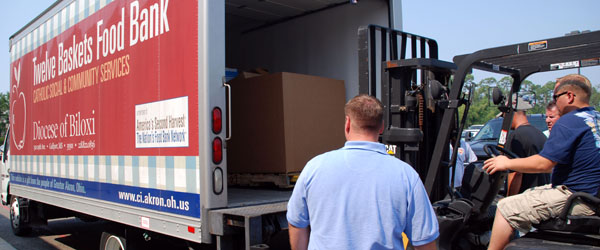 Individuals can make a difference in their own community but not everyone has bought into preparedness. Research on personal preparedness indicates that individuals who believe they are prepared for disasters often are not as prepared as they think. In addition, some admit they do not plan to prepare at all.
Individuals can make a difference in their own community but not everyone has bought into preparedness. Research on personal preparedness indicates that individuals who believe they are prepared for disasters often are not as prepared as they think. In addition, some admit they do not plan to prepare at all.
The challenge: Maximizing awareness and encouraging participation in disaster preparedness activities to affect change at the community level.
Our nation’s emergency managers, firefighters, law enforcement officers, EMT/paramedics, and other emergency responders do an incredible job of keeping us safe, but they cannot do it alone. We must all embrace our personal responsibility to be prepared – in doing so; we contribute to the safety and security of our communities as well.
There are organizations in your community that host community-planning meetings, provide preparedness information and volunteer opportunities to community members and when in need, are available to respond to a disaster. Organizations like Citizen Corps provide this support in communities nationwide.
The Citizen Corps effort is coordinated at the local level by Citizen Corps Councils or similar coordinating bodies, which bring together community leaders to plan for emergencies before they happen. The local leaders who serve on the Citizen Corps Councils should reflect all sectors of the whole community to ensure every stakeholder has a seat at the table. Citizen Corps Council members participate in developing community emergency plans, conduct localized outreach and education to the public, offer training and participation in exercises, encourage volunteerism, and in the event of a disaster, form an integral part of the response.
Video: Preparing the Whole Community: In November 2011, at an international workshop at the University of Massachusetts, W. Russ Webster, Federal Preparedness Coordinator for FEMA Region 1, addressed the issue of preparedness for the whole community.